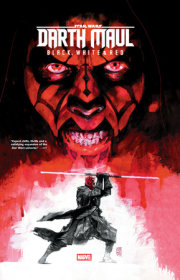Roy Thomas joined the Marvel Bullpen as a writer and editor under Stan Lee, scripting key runs of nearly every title of the time: Amazing Spider-Man, Avengers, Daredevil, Doctor Strange, Sub-Mariner, Thor, X-Men and more. He wrote the first 10 years of Marvel’s Conan the Barbarian and Savage Sword of Conan; and launched such series as Defenders, Iron Fist, Invaders and Warlock. At DC, he developed All-Star Squadron, Infinity Inc. and related titles, proving instrumental in reviving the Golden Age Justice Society of America. Thomas later became editor of Alter Ego, a magazine devoted to comic-book history, and co-scripted the sword-and-sorcery films Fire and Ice and Conan the Destroyer.
After co-creating DC’s Swamp Thing in 1972, Len Wein moved to Marvel for lengthy runs on some of the company’s biggest titles — Amazing Spider-Man, Fantastic Four, Incredible Hulk and Thor — and helped bring the landmark Giant-Size X-Men #1 into the world, changing Marvel forever. Returning to DC as an editor, Wein oversaw an influx of British writing talent, highlighted by Alan Moore’s historic Watchmen miniseries. Wein also has worked in television and animation, returning to his roots to develop a Swamp Thing screenplay. He has written comic-book adaptations of The Simpsons and Futurama.
Bill Mantlo began his Marvel career on Deadly Hands of Kung Fu, in which he introduced White Tiger, one of the industry’s earliest Hispanic super heroes. Eventually writing stories for almost every Marvel title, he did some of his most fondly remembered work on Incredible Hulk and Spectacular Spider-Man. He also launched Cloak and Dagger in a pair of miniseries and guided Alpha Flight through some of its most harrowing ordeals. Mantlo excelled at integrating licensed properties into the Marvel Universe, as demonstrated by Micronauts and Rom: Spaceknight, both of which he wrote from start to finish. At DC, he wrote the Invasion miniseries for one of the company’s biggest crossover events.
Artist George Pérez made team titles his specialty with runs on Marvel’s Avengers and Fantastic Four, along with DC’s Justice League of America and New Teen Titans, the latter co-created with Marv Wolfman. The pair redefined the DC Universe in Crisis on Infinite Earths. In collaboration with writer Kurt Busiek, he returned to Avengers following the “Heroes Reborn” event. The pair surpassed expectations with JLA/Avengers, a 2003 crossover that featured nearly every member of both long-running teams.
John Buscema (1927-2002) literally wrote the book on being a Marvel artist — namely, How To Draw Comics the Marvel Way — and few were better qualified. His career dated back to the Timely/Atlas era of the late ’40s and early ’50s. Soon after beginning the Marvel Age of Comics, Stan Lee recruited Buscema from the advertising field to the Marvel Bullpen. Buscema followed a long run on Avengers with the long-anticipated first Silver Surfer series. He subsequently succeeded Jack Kirby on Fantastic Four, Thor and other titles. By the time of his retirement in 1996, Buscema had penciled nearly every Marvel title — including his personal favorite, Conan the Barbarian.
After a start as inker to his older brother John, Sal Buscema penciled Captain America, Defenders, Incredible Hulk and more. Famed for his ability to meet tight deadlines, he spread his talents across multiple genres. His 1970s work ranged from Ms. Marvel and Nova to Sub-Mariner and Spider-Woman’s first appearance in Marvel Spotlight. He was the uninterrupted artist on Spectacular Spider-Man for more than one hundred issues and penciled the web-slinger’s adventures in Marvel Team-Up, in which he and writer Bill Mantlo introduced Captain Jean DeWolff. After handling more team-ups in the Thing’s Marvel Two-in-One, he reunited with brother John on Steve Englehart’s Fantastic Four. He later provided inks for Tom DeFalco’s Spider-Girl titles and Thunderstrike miniseries.






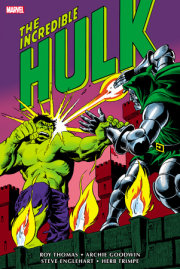
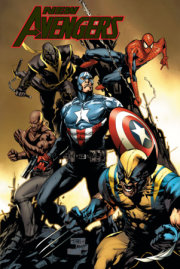
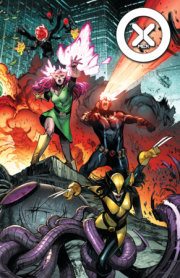
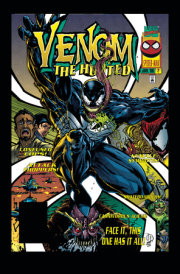
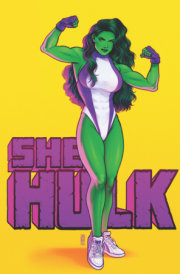
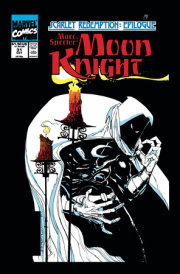
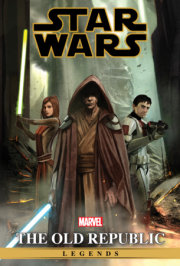
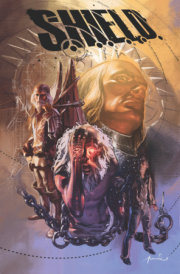

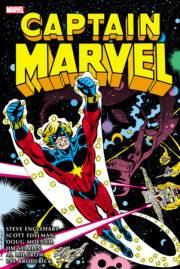
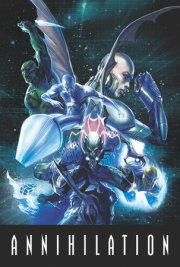
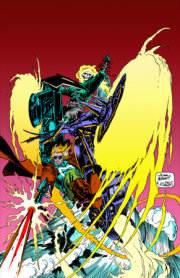
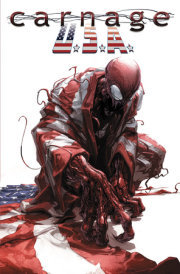
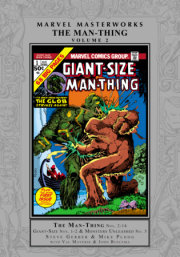
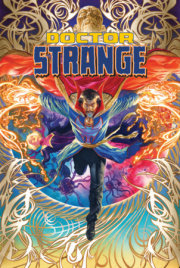
![TOMB OF DRACULA OMNIBUS VOL. 1 NEAL ADAMS COVER [NEW PRINTING 2]](https://images.penguinrandomhouse.com/cover/9781302965037?width=180)
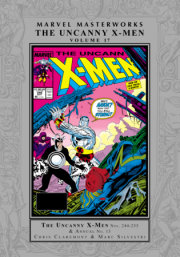
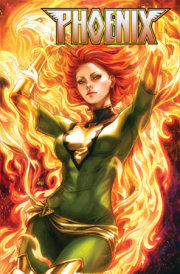
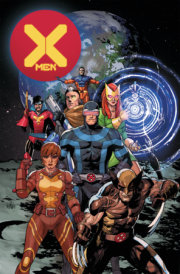
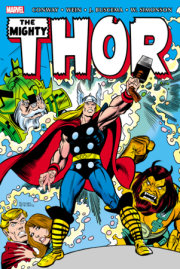
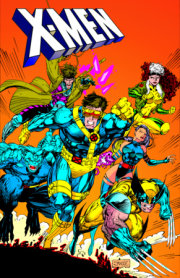
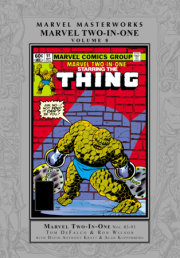
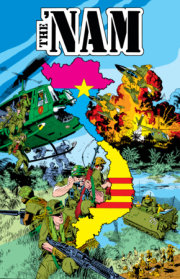
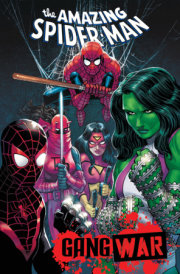
![ANNIHILATION: CONQUEST OMNIBUS ALEKSI BRICLOT COVER [NEW PRINTING 2]](https://images.penguinrandomhouse.com/cover/9781302966324?width=180)
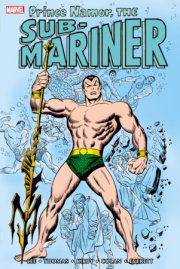
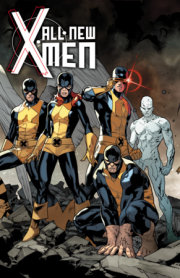
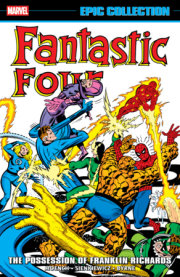
![ORIGINAL SIN [NEW PRINTING]](https://images.penguinrandomhouse.com/cover/9781302966249?width=180)
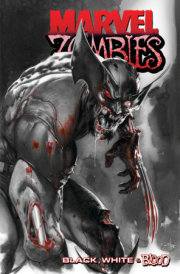
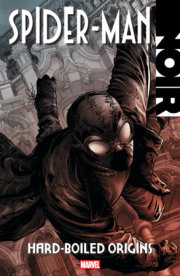
![X-FACTOR BY PETER DAVID OMNIBUS VOL. 1 LARRY STROMAN COVER [NEW PRINTING]](https://images.penguinrandomhouse.com/cover/9781302963705?width=180)
![AVENGERS WEST COAST EPIC COLLECTION: VISION QUEST [NEW PRINTING]](https://images.penguinrandomhouse.com/cover/9781302963910?width=180)
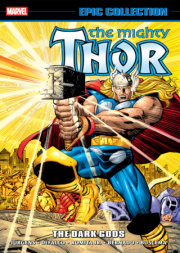
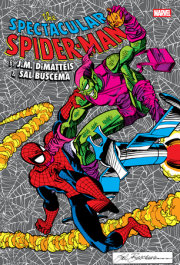
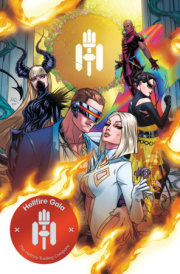
![WOLVERINE GOES TO HELL OMNIBUS JAE LEE COVER [NEW PRINTING]](https://images.penguinrandomhouse.com/cover/9781302961381?width=180)
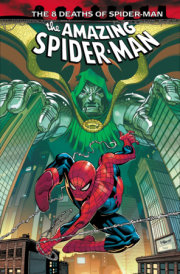
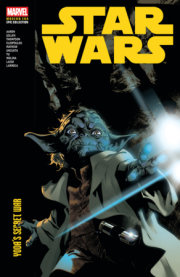
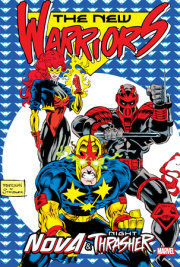
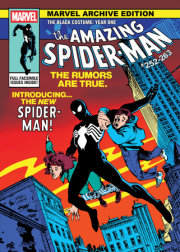


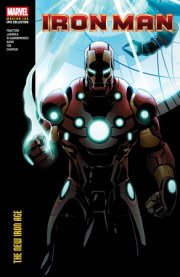
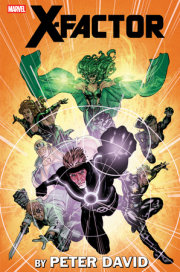
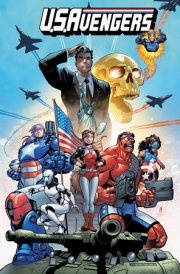
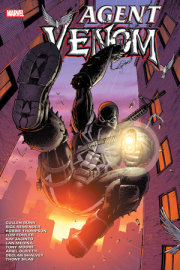

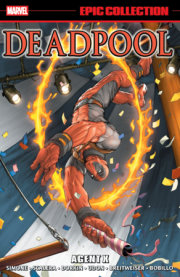
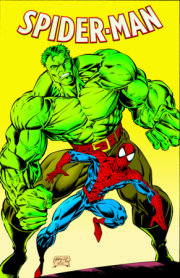
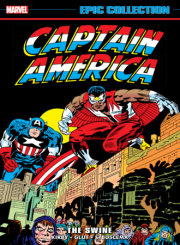
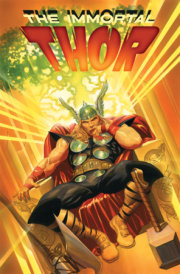
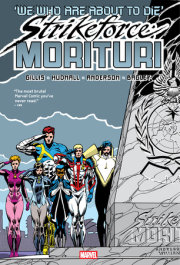
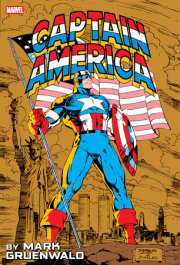
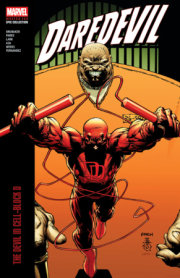
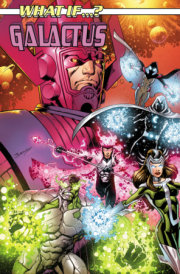
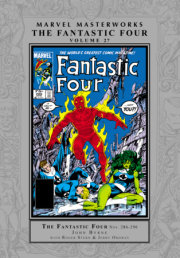
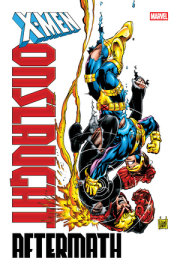
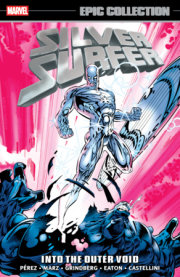
![MARVEL MASTERWORKS: THE SILVER SURFER VOL. 1 [REMASTERWORKS]](https://images.penguinrandomhouse.com/cover/9781302956042?width=180)
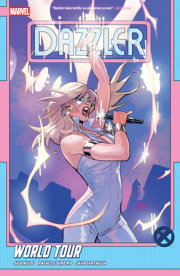
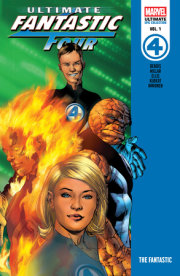
![X-MEN: AGE OF APOCALYPSE VOL. 2 - REIGN [NEW PRINTING]](https://images.penguinrandomhouse.com/cover/9781302963958?width=180)
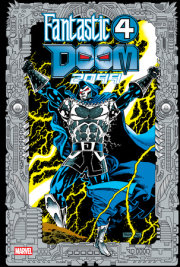
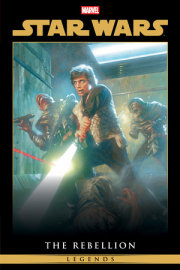
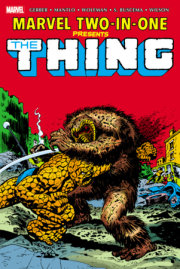
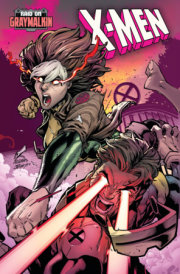

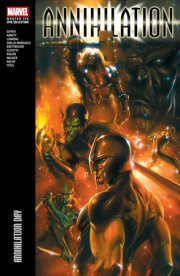
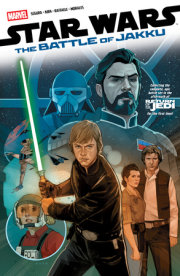
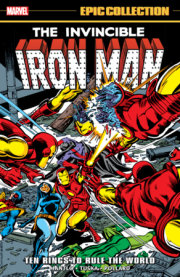
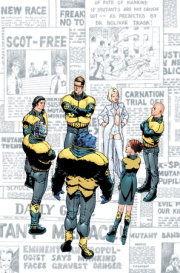

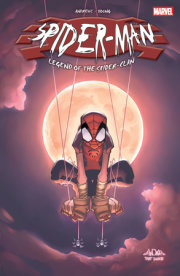
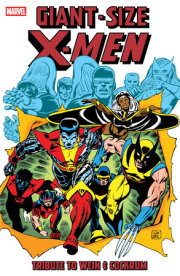
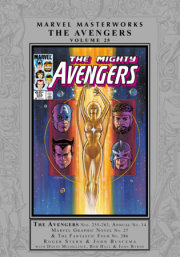
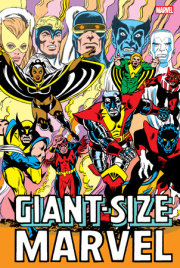
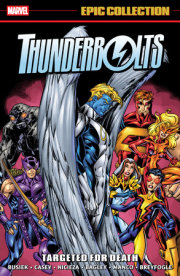
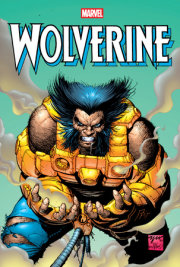

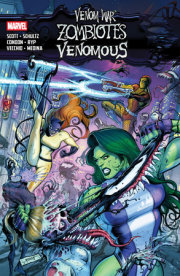
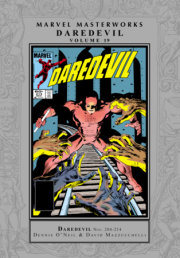
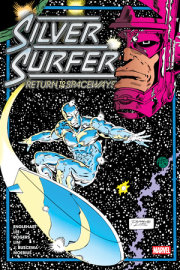

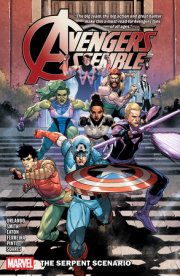
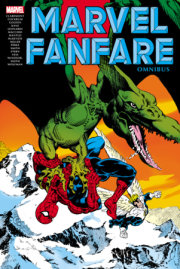
![SILVER SURFER OMNIBUS VOL. 1 JOHN BUSCEMA FIRST ISSUE COVER [NEW PRINTING 2]](https://images.penguinrandomhouse.com/cover/9781302963583?width=180)
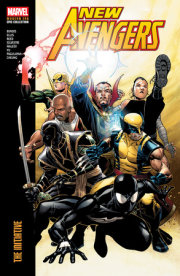
![FANTASTIC FOUR EPIC COLLECTION: THE MORE THINGS CHANGE... [NEW PRINTING]](https://images.penguinrandomhouse.com/cover/9781302963927?width=180)
